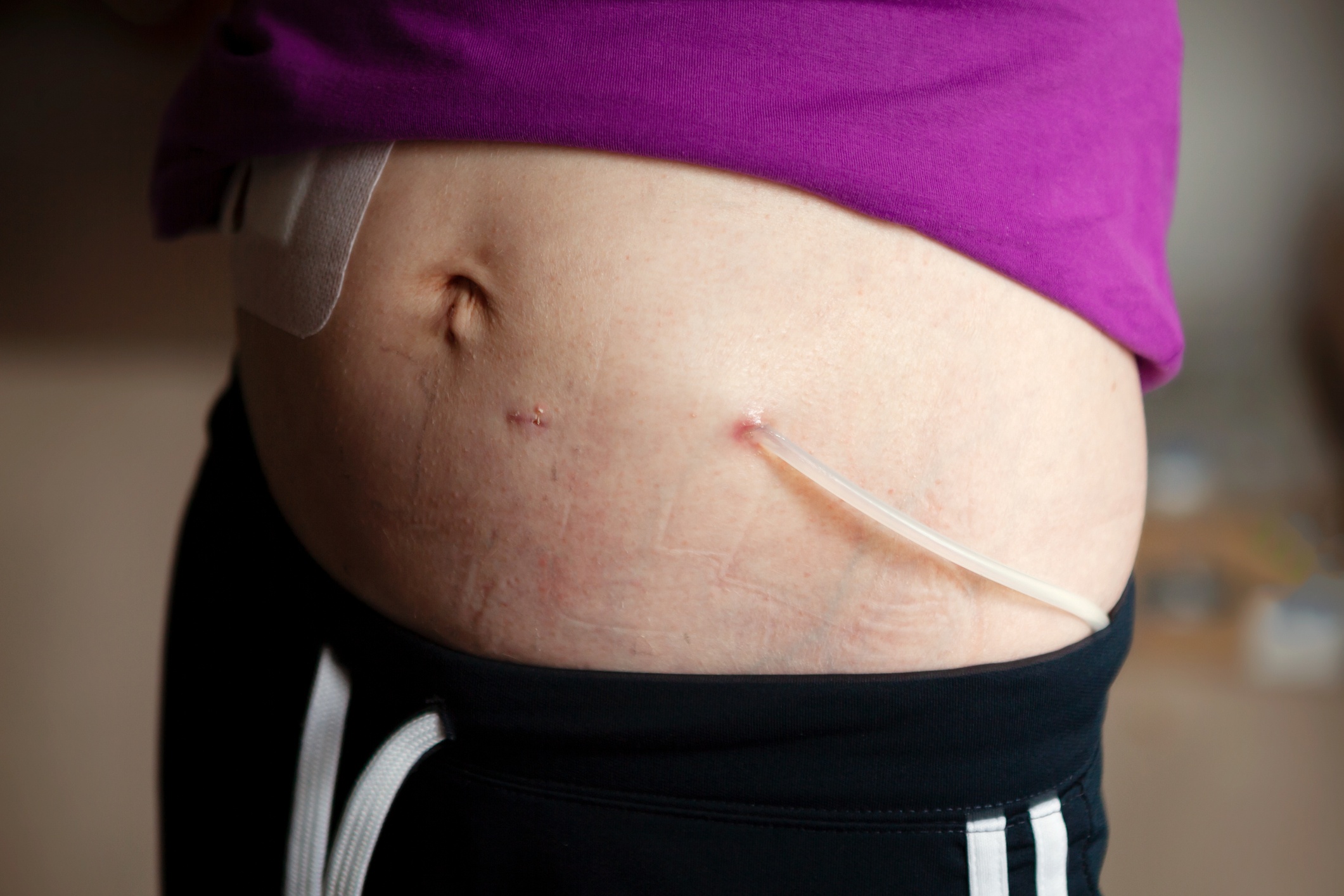
Although individuals receiving dialysis have high rates of fracture morbidity, few data regarding optimal management of osteoporosis are available. Therefore, Soichiro Masuda, MD, and colleagues sought to determine the risk for cardiovascular events and fracture prevention benefits of denosumab versus oral bisphosphonates in dialysis-dependent patients.
The researchers conducted an observational study emulating a target trial using data from a Japanese administrative claims database spanning from April 2014 to October 2022. Participants were dialysis-dependent adults aged 50 years and older receiving denosumab or oral bisphosphonates for osteoporosis. The follow-up period was three years. The safety outcome was major adverse cardiac events (MACE), and the effectiveness outcome was a composite of all fractures.
The study included a total of 1,032 participants, 658 receiving denosumab and 374 receiving oral bisphosphonates. The average participant age was 74.5 years and 62.9% were women.
The weighted three-year risk difference for MACE was 8.2% (95% CI, -0.2% to 16.7%) with a weighted three-year risk ratio of 1.36 (95% CI, 0.99-1.87). The weighted three-year risk difference for composite fractures was -5.3% (95% CI, -11.3% to -0.6%) with a weighted three-year risk ratio of 0.55 (95% CI, 0.28-0.93).
Denosumab was found to lower the risk for fractures by 45% and increase the risk for MACE by 36% compared with bisphosphonates. However, the authors warn that their estimates are imprecise and confirmational studies are needed.
Source: Annals of Internal Medicine







 © 2025 Mashup Media, LLC, a Formedics Property. All Rights Reserved.
© 2025 Mashup Media, LLC, a Formedics Property. All Rights Reserved.